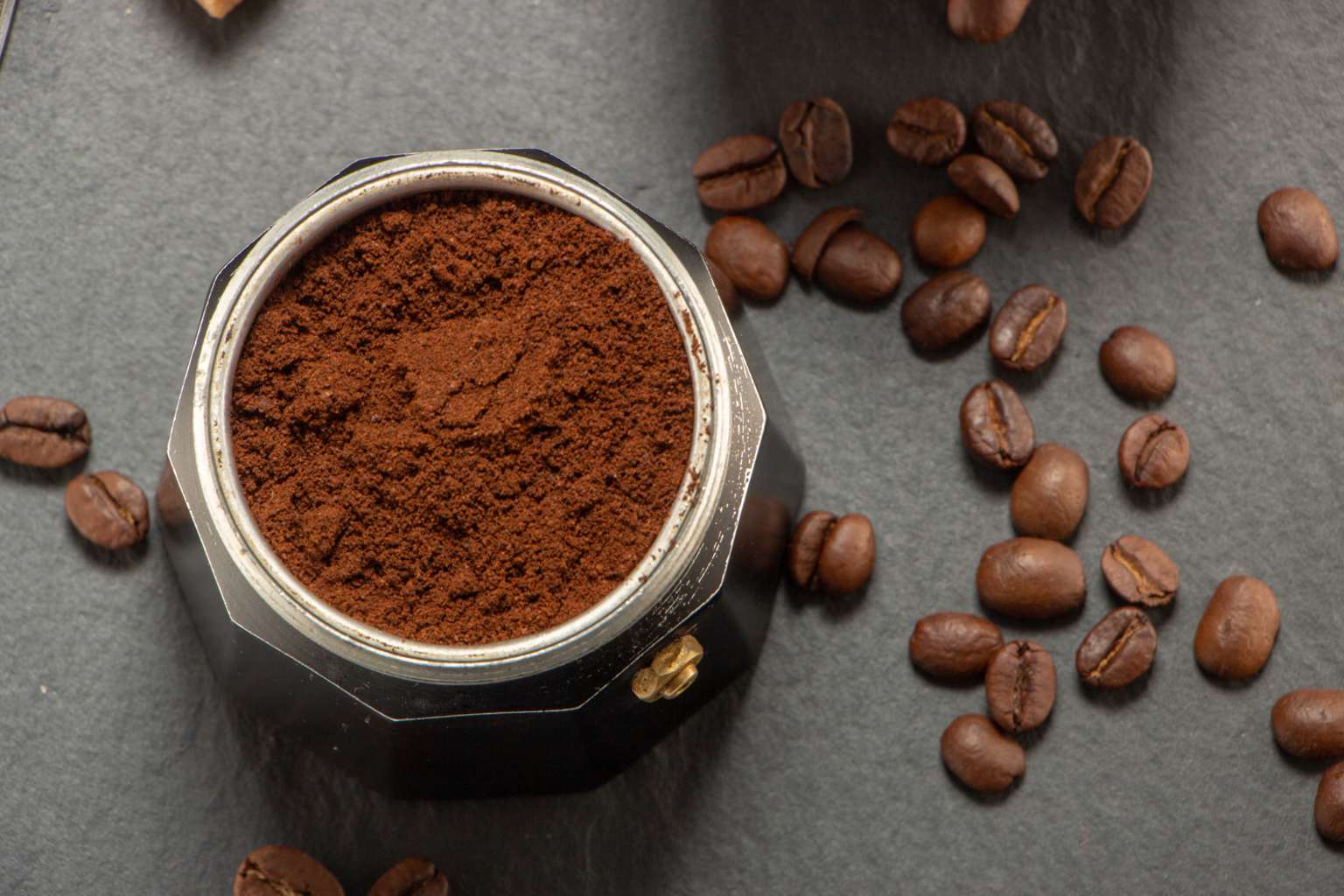Is storing ground coffee in the fridge the best way to keep it fresh? New warnings from trusted organizations are turning this idea upside down. Before you stash your coffee in the chilly fridge, here’s everything you need to know to savor each cup at its best.
For millions, coffee isn’t just a drink; it’s a ritual, a comforting pause in a busy day. Yet, many of us overlook important details about how coffee is produced, stored, and consumed, which deeply affect its flavor and benefits. Let’s dive into the facts to help you enjoy your ground coffee as fresh and delicious as possible.
How ground coffee is made
The story of ground coffee begins on coffee plantations, where ripe beans are carefully picked. They then go through selection and drying processes before being roasted — the step that unlocks their rich flavors and aromas.
After roasting, beans are ground to sizes suited to different brewing methods, whether espresso, drip filter, French press, or stovetop coffee makers. Grinding releases oils and aromas essential for that signature coffee taste. However, the moment coffee is ground, it starts losing freshness because exposure to oxygen causes rapid flavor deterioration. That’s why freshly ground coffee always tastes best.
Where to store ground coffee after opening
Experts like the National Coffee Association of USA agree on some key guidelines for preserving coffee freshness. Ground coffee should be kept in airtight and opaque containers to protect it from air and light, both of which degrade its quality.
The best place to store it is somewhere cool and dry — away from heat and humidity. Temperatures between 66 to 72 degrees Fahrenheit, such as in a kitchen pantry, are ideal. If your coffee bag has an airtight seal and a one-way valve, you can use it; otherwise, transferring the grounds to a sealed glass or metal container will help maintain flavor by keeping out moisture and oxygen.
Why storing coffee in the fridge isn’t ideal
Storing ground coffee in the refrigerator seems like a smart idea to make it last longer, but both the USDA and coffee industry experts advise against it. The fridge’s humidity can seep into the coffee package, causing mold and dampness, which harm flavor and aroma.
Coffee also easily absorbs odors from other foods — nobody wants a brew that tastes like leftovers. Plus, constant temperature changes from taking the container in and out create condensation, which accelerates coffee’s oxidation and spoils its taste faster than if stored in a dry, stable environment.
Health benefits of drinking coffee
Coffee isn’t just enjoyable; it also offers notable health advantages when consumed in moderation. The Harvard T.H. Chan School of Public Health and the USDA highlight coffee’s rich antioxidant and anti-inflammatory properties.
Moderate consumption has been linked to reduced risks of cardiovascular disease, type 2 diabetes, and neurological disorders like Alzheimer’s and Parkinson’s. Coffee can enhance focus, uplift mood, and boost metabolism. Some studies even point to its role in lowering certain cancer risks.
Of course, these health benefits are most effective when coffee is consumed without excessive sugar or high-fat creamers. Everyone’s sensitivity to caffeine varies, so it’s important to adjust intake to your body’s response.
How much coffee is safe to drink each day
So, how many cups of coffee can you enjoy safely each day? According to the USDA and the European Food Safety Authority (EFSA), most adults can ingest up to 400 milligrams of caffeine daily. That translates to about three to five 8-ounce cups of brewed coffee.
Exceeding this amount may cause side effects such as insomnia, irritability, nervousness, increased heart rate, or stomach upset. Pregnant women, or those with heart conditions or caffeine sensitivity, should consult a healthcare professional to tailor their caffeine consumption safely.
From personal experience, switching from fridge storage to an airtight container in a pantry noticeably improved my coffee’s longevity and flavor. The coffee stayed fresher longer, and I avoided that strange refrigerator odor invading my cup. Understanding that coffee’s flavor is highly sensitive to humidity, temperature fluctuations, and odors changed how I stored it for good.
Did you ever guess that your fridge might be ruining your coffee flavor? What tips do you use to keep your coffee fresh and flavorful? Share your stories and thoughts – let’s get the conversation brewing!
